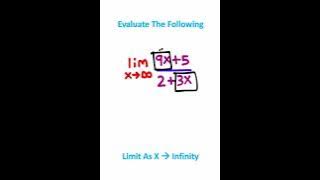Articles containing proofs | Statistical randomness | Probability theorems | Infinity | Random text generation
Infinite monkey theorem
The infinite monkey theorem states that a monkey hitting keys at random on a typewriter keyboard for an infinite amount of time will almost surely type any given text, such as the complete works of William Shakespeare. In fact, the monkey would almost surely type every possible finite text an infinite number of times. However, the probability that monkeys filling the entire observable universe would type a single complete work, such as Shakespeare's Hamlet, is so tiny that the chance of it occurring during a period of time hundreds of thousands of orders of magnitude longer than the age of the universe is extremely low (but technically not zero). The theorem can be generalized to state that any sequence of events which has a non-zero probability of happening will almost certainly eventually occur, given enough time. In this context, "almost surely" is a mathematical term meaning the event happens with probability 1, and the "monkey" is not an actual monkey, but a metaphor for an abstract device that produces an endless random sequence of letters and symbols. One of the earliest instances of the use of the "monkey metaphor" is that of French mathematician Émile Borel in 1913, but the first instance may have been even earlier. Variants of the theorem include multiple and even infinitely many typists, and the target text varies between an entire library and a single sentence. Jorge Luis Borges traced the history of this idea from Aristotle's On Generation and Corruption and Cicero's De Natura Deorum (On the Nature of the Gods), through Blaise Pascal and Jonathan Swift, up to modern statements with their iconic simians and typewriters. In the early 20th century, Borel and Arthur Eddington used the theorem to illustrate the timescales implicit in the foundations of statistical mechanics. (Wikipedia).



















